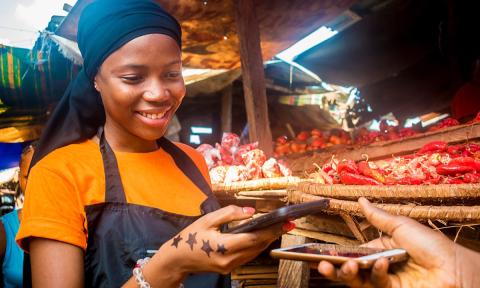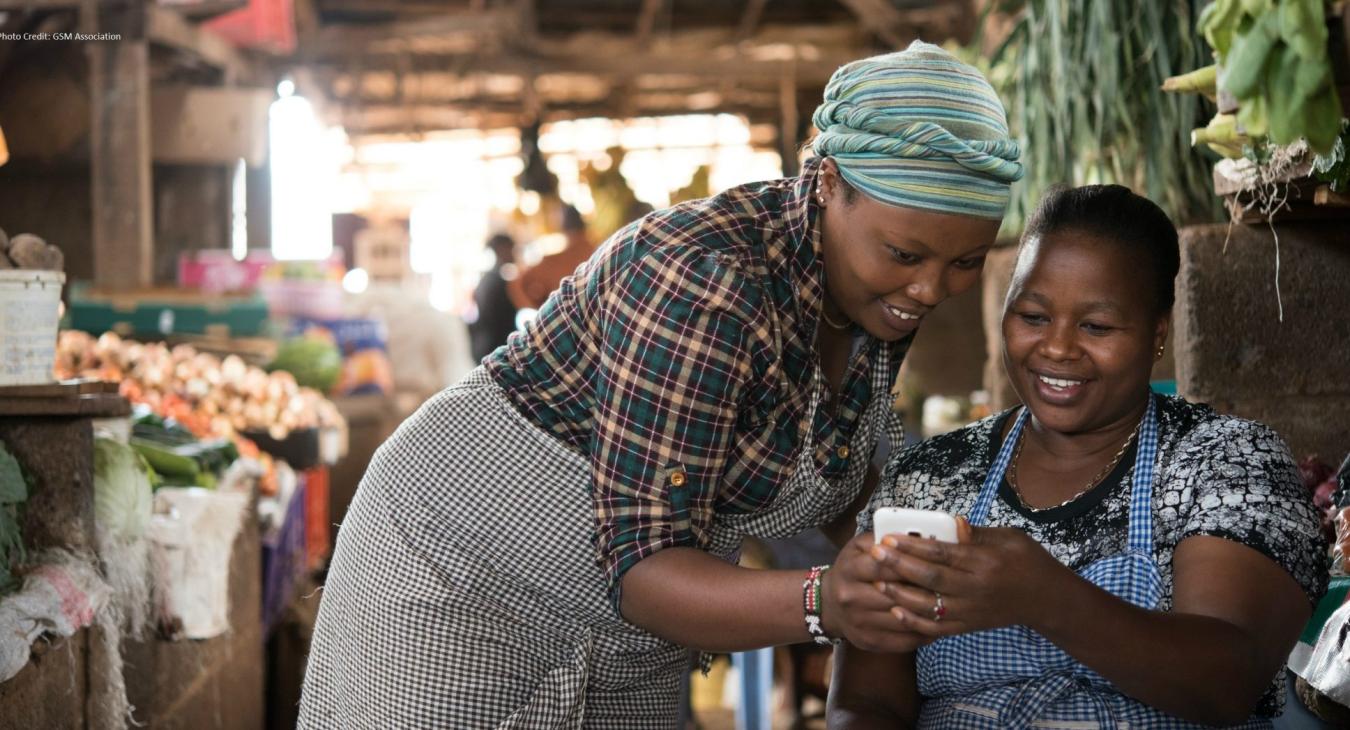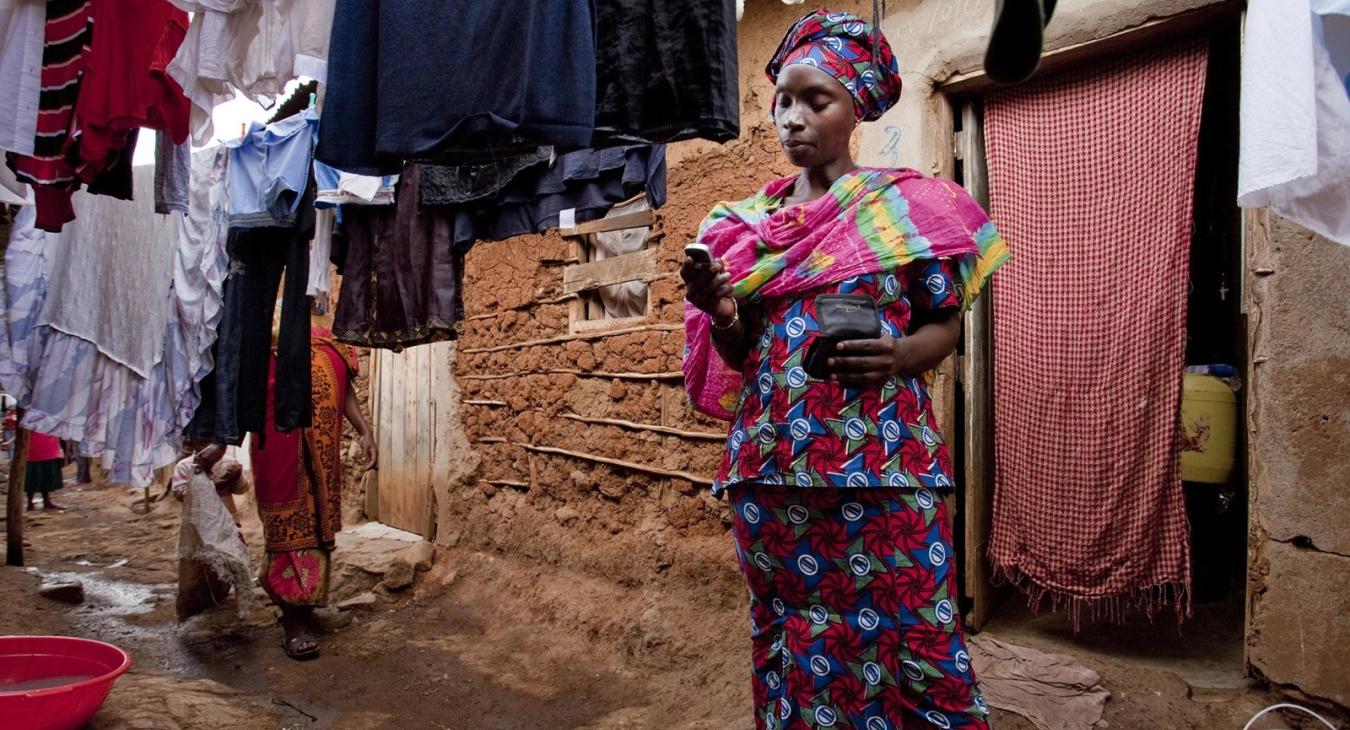The Retail Finance Distribution (ReFinD) is a pioneering research initiative dedicated to enhancing digital financial inclusion for women, low-income households, small and medium enterprises (SMEs), and retail businesses in low- and middle-income countries (LMICs). By addressing the challenges of retail finance and agent banking, ReFinD aims to create sustainable and scalable solutions for financial accessibility.
Key Partners:
- Funded by: Bill & Melinda Gates Foundation
- Implemented by: Institute of Statistical, Social, and Economic Research (ISSER), University of Ghana
- Collaborates with: International partners, research institutions, and commercial organizations in Sub-Saharan Africa, Southeast Asia, and South Asia.
📄 Read the ReFinD Framework Paper




